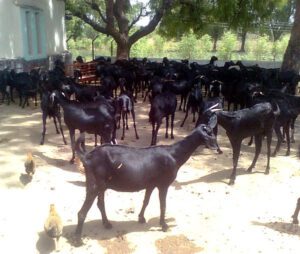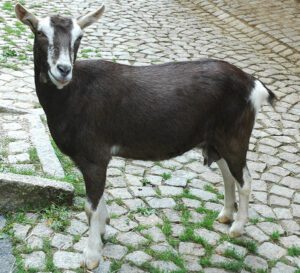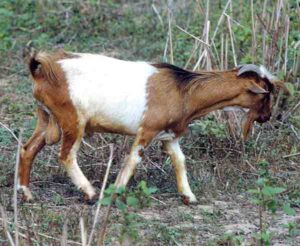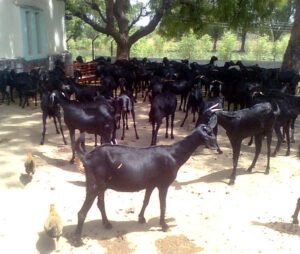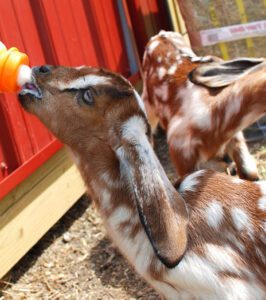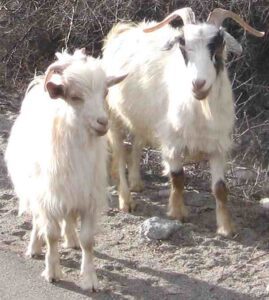As you are raising goats for profit so you should know whether the zinc absorption deficiency hereditary in goats or not.
The common symptoms of zinc deficiency in goats includes unhealthy look, your goats might scratch, lose their hair, scaly skin, have sores or dry.
If you see any of this symptoms in your goats, then call a vet as soon as possible.
In most cases, above symptoms causes due to zinc deficiency or zinc responsive dermatosis.
You need to know whether zinc absorption deficiency hereditary in goats or not. Especially if you are planning on breeding the goats.
Is Zinc Absorption Deficiency Hereditary in Goats
Actually zinc responsive dermatosis is a malabsorption problem in goats and other animals. You might feed your goats well balanced feed with sufficient amounts of zinc, but the goats are unable to absorb the mineral from the diet.
Thus it develops anorexia, hair loss, foot soreness, depression, dry and itchy skin, skin lesions and other health problems.
Hereditary Condition
Zinc malabsorption problem may be an hereditary problem among the goats. Veterinarians of ‘Veterinary University of Vienna’ tasted two different and unrelated female goats from two different flocks. The owner of each flock used to feed their goats with sufficient zinc levels.

But the test by the veterinarians showed low zinc blood serum levels. Oral supplementation caused the skin problems to go away.
When one doe gave birth of two baby goats, one tasted low in zinc and showed signs of zinc responsive dermatosis (suggesting a hereditary connection). But other baby goat had normal zinc levels and it didn’t show any symptoms.
Chemicals
Sometimes goats suffer from zinc deficiencies due to certain chemicals in the soil. Soils produce fodder that is low in zinc levels when the soil is treated with some chemical fertilizers such as calcium, superphosphates and phosphorus.
A zinc deficiency is more likely when a goat graze on the field with this type of soil or if the goats are fed with the food grown on those soils. You have to supplement your goat’s diet with zinc orally for correcting the deficiency.
Seasonal Changes
In some goats, low zinc levels might not hereditary. It also depends and change during the seasons. A study says that, zinc levels raise high in the autumn and get reduced during the winter season.
However, you should always feed your goats with high quality and nutritious food. It will be better if you prepare a proper goat dietary chart from your vet. Ensure all required vitamins and minerals are available in their regular diet.

